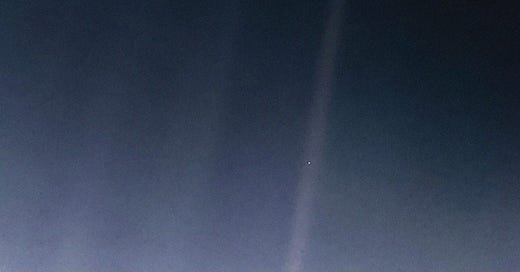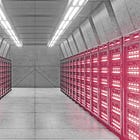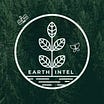Practice civic skepticism, to escape demons ancient & new
Carl Sagan warned us, in his book, The Demon-Haunted World, of the perils of a society of advanced science and technology in which people have surrendered the right to question and to know.
Carl Sagan’s book The Demon-Haunted World explores in detail the risks inherent in a society having too little understanding of basic science. Sagan was known for being among the most effective science translators in history—delivering to a mass audience a general understanding of cosmology, atomic and materials science, chemistry, and biology.

Carl Sagan understood that we needed to know what our planet looked like from the far edge of the Solar System. He was also able to see what would happen if detailed technical knowledge about the inner workings of everyday engineered devices is out of reach, and most people feel powerless, while unable to access the levers of decision-making that will shape their fate.
Access to understanding is an existential imperative for humankind, necessary for navigating the complexity of our experience.
In an interview on PBS, in 1996, Sagan explained:
There’s two kinds of dangers.
One is what I just talked about, that we’ve arranged a society based on science and technology, in which nobody understands anything about science and technology. This combustible mixure of ignorance and power, sooner or later, is going to blow up in our faces. I mean, who is running the science and technology, in a democracy, if the people don’t know anything about it?
And the second reason that I’m worried about this is that science is more than a body of knowledge. It’s a way of thinking, a way of skeptically interrogating the universe, with a fine undertstanding of human fallibility. If we are not able to ask skeptical questions, to interrogate those who tell us that something is true, to be skeptical of those in authority, then we’re up for grabs for the next charlatan, political or religious, who comes ambling along.
In The Demon-Haunted World, Sagan got more specific about this threat. He warned us of the perils of the moment we are now living through, writing:
I have a foreboding of an America in my children’s or grandchildren’s time—when the United States is a service and information economy; when nearly all the key manufacturing industries have slipped away to other countries; when awesome technological powers are in the hands of a very few, and no one representing the public interest can even grasp the issues; when the people have lost the ability to set their own agendas or knowledgeably question those in authority; when, clutching our crystals and nervously consulting our horoscopes, our critical faculties in decline, unable to distinguish between what feels good and what’s true, we slide, almost without noticing, back into superstition and darkness.
While Sagan explored the universe, and helped our society to be “a way for the universe to know itself”, he was clear about the need for everyone to have critical thinking capacity, to be able to parse evidence and truth from speculation and pseudoscience.
The information crisis of our moment is multilayered:
As Carl Sagan predicted, tens of millions of people have lost contact with everyday references that help them grasp the technical infrastructure of our shared reality.
Disinformation has gained a privileged place in commercial media—through sensationalist partisan conventional media (television, radio, and print) and through weaponized online falsehoods spread through social media.
Active measures (mass psychological operations) carried out by hostile foreign intelligence services have leveraged the commercial incentive for widespread distortion and disinformation.
Generative artificial intelligence systems (networks of devices trained to harvest and recombine text and imagery to mimic human authors) are blurring the lines between fact and fiction and undermining critical inquiry.
All of this makes the problem of political superstition more urgent and dangerous.
What is political superstition?
In its extreme form, it is unfounded mythologies like the QAnon cult, or similar radicalizing and baseless ideologies.
In its more mundane form: People believe the leader who devastated the economy before never did and that he will bring prices down, even as he acts to push them up.
Or: People “intuit” through emotional resonance that the leader who refuses to acknowledge infectious disease threats has vanquished public health risks, when in reality, he is acting to make them far worse, again.
At this writing, the very people who gained power by leveraging disinformation and political superstition are now acting to embed pseudo-AI systems in the core functions of government. Doing so will remove a vital layer of human critical reasoning and conscious moral agency, while reducing the public’s avenues of redress. This is being done with no legal authorization, with unproven technologies that are known to fabricate factual claims and falsify reference citations.
The core problem raised in The Demon-Haunted World is bigger than the specific issue of disinformation or superstition. It is the problem of a world in which disinformation, superstition, and the moral corruption and flawed decision-making they enable, create gravely damaging ripple effects including widespread poverty and hunger, genocidal wars, and the mass destruction of nature—Earth’s biosphere.
Inside this question of whether public authorities prioritize access to truthful information and the right of the public to benefit from the best available science and professional public service, everything that matters is at stake. Whether we can feed ourselves, breathe clean air, pursue free enterprise, and earn a living based on the merits of our hard work, whether democracy itself is free from violence or from hostile foreign regimes, all of these are at issue.
Keeping our critical thinking sharp is the first step to ensuring we get through this troubled time whole and free.









